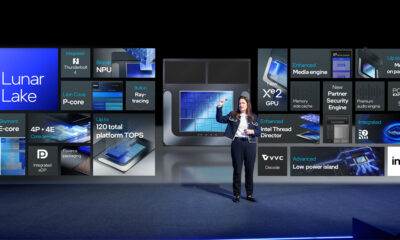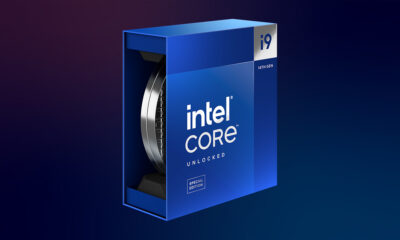News
Intel And Broadcom Show Off Super-Fast Wi-Fi 7 Technology
The two tech giants demonstrated the speed and stability of the incoming new Wi-Fi standard in a showcase event in Santa Clara, California.
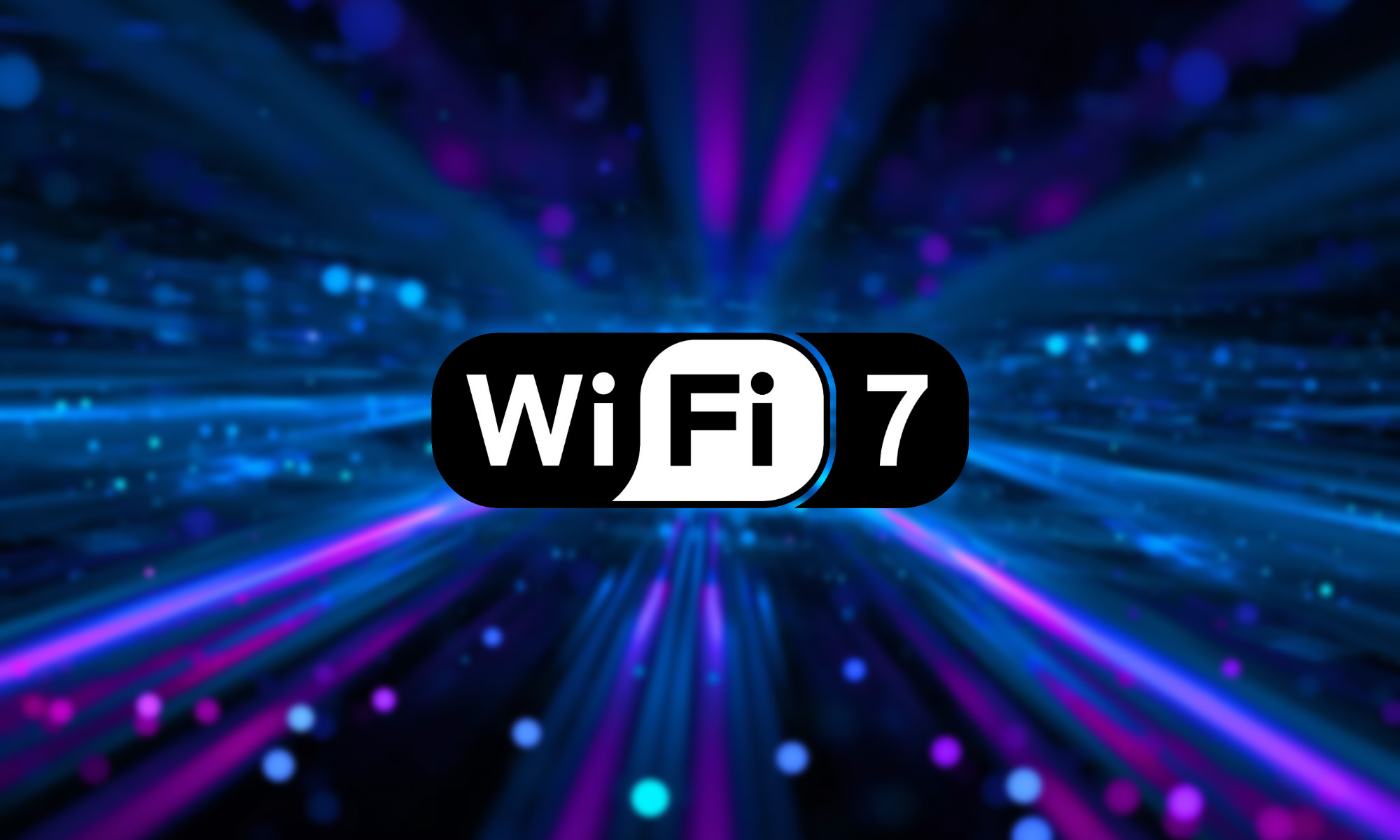
Although overshadowed by the announcement of Queen Elizabeth II’s death, the Intel Corporation and Broadcom yesterday quietly ushered in a huge milestone in tech with a demonstration of the first cross-company Wi-Fi 7 implementation.
The collaboration showcased consistent Wi-Fi speeds of over 5 gigabits per second (5Gbps), using an Intel Core laptop connected to a Broadcom access point.
“We are proud to highlight how next-generation Wi-Fi 7 can make new mobile PC experiences possible. Industry collaboration is essential to ensure we deliver on the promises of this new wireless technology. We would like to thank our colleagues at Broadcom for their great technical cooperation, which helped enable this unprecedented, first-of-its-kind demonstration of ultra-high speed and ultra-low latency Wi-Fi 7,” says Carlos Cordeiro, Intel Fellow and Wireless CTO, Client Computing Group, Intel.
Wi-Fi 7 will be the gold standard for at least 10 years of product releases, offering high speeds, increased stability, and low latency compared to existing solutions. For technology fans wanting more details, Wi-Fi 7 will feature wider 320 MHz channels in the 6GHz spectrum, higher order 4K QAM modulation, and improved channel utilization.
“Today’s milestone sends a clear message: the ecosystem is ready, and Wi-Fi 7 is here to deliver extraordinary capacity and blazing fast speeds to extend gigabit broadband. The reliable, low latency communication provided by Wi-Fi 7 is a key element of Broadcom’s vision for connecting everything as the Internet evolves to its next iteration,” says Vijay Nagarajan, vice president, Wireless Connectivity Division, Broadcom.
Also Read: How To Change Your Wi-Fi Password To Keep Intruders At Bay
For those less concerned about the details and more interested in future applications, the new Wi-Fi standard will almost certainly be put to work in augmented and virtual reality settings, enabling fast and steady streaming of ultra-high-definition 16K video.
As our homes become increasingly connected and more devices rely on wireless signals, gamers and work-from-home employees alike will benefit from massive speed increases, while regular multimedia users will benefit from stable streams and better utilization of high-speed broadband and fiber internet services.
News
HiFuture Wraps Up Successful GITEX GLOBAL 2024 Appearance
The electronics company wowed audiences at the world’s largest tech event with a range of wearable and smart audio devices.
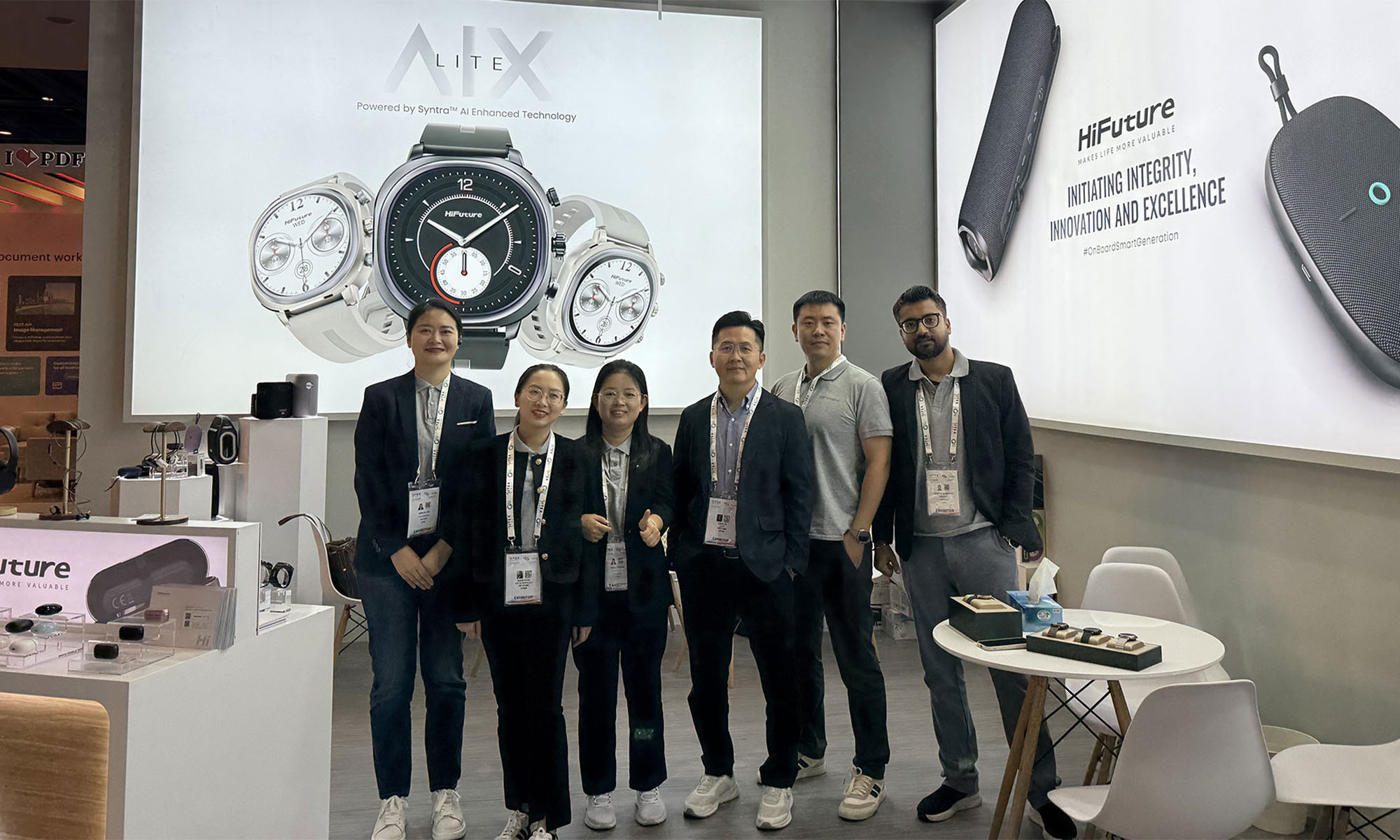
This year’s GITEX GLOBAL 2024 in Dubai saw a huge number of startups, electronics firms, and innovators from around the globe gather for the tech sector’s largest event of its kind. One company making waves at this year’s expo was Chinese tech group HiFuture, which showcased a range of products with a focus on wearable technology and smart audio.
At the HiFuture booth, the company captivated attendees with cutting-edge smartwatches like the ACTIVE and AURORA, along with a range of powerful wireless speakers, earbuds, and even smart rings. Visitors were eager to check out the sleek new designs on offer and even had the chance to test out some of the products themselves.
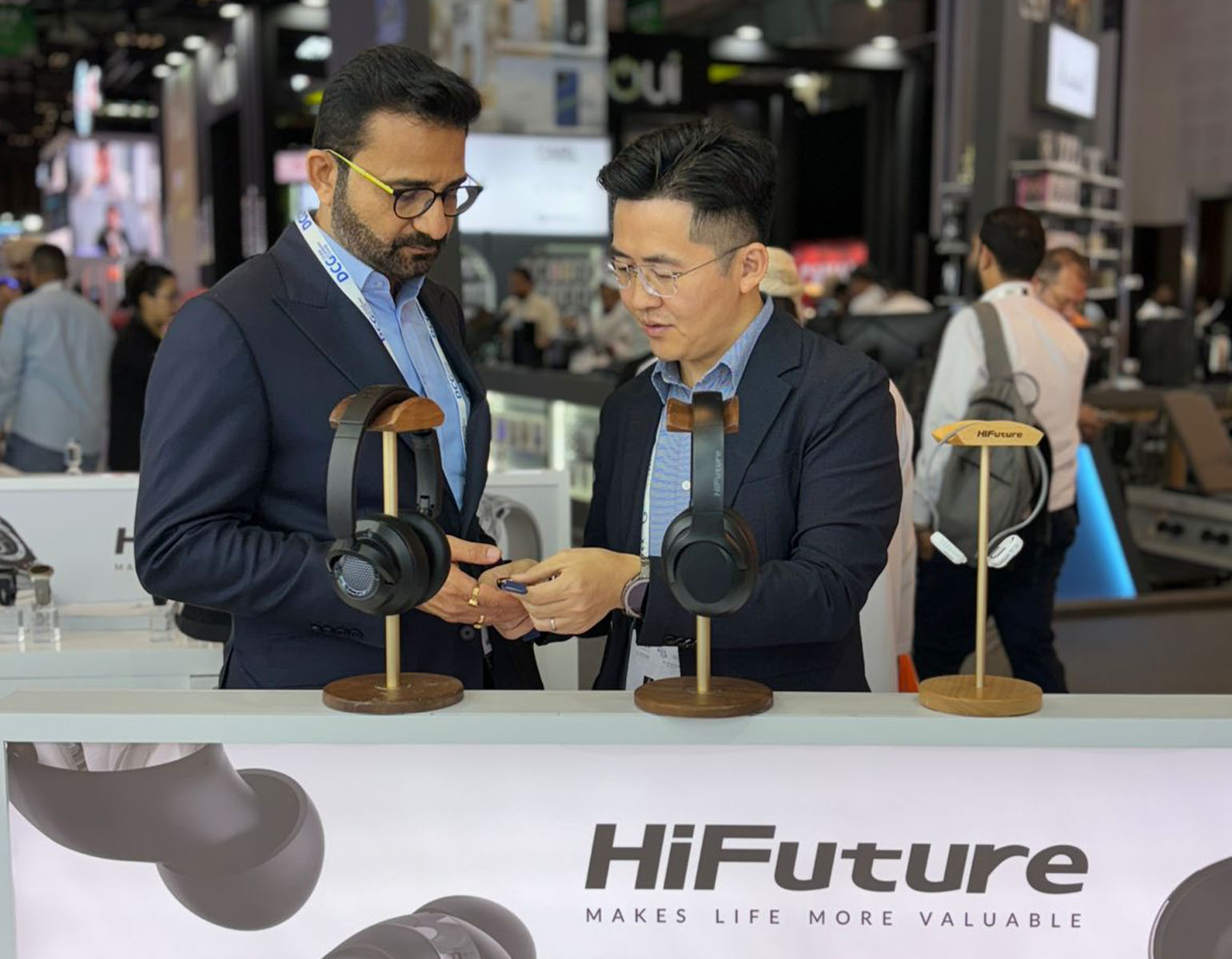
Among the highlights were smartwatches combining dual-core processors with customizable options. The devices blended style and technology, offering health monitoring capabilities, personalized watch faces, and advanced AI-driven functionalities, giving attendees a taste of the future of wearable technology.
On the audio front, HiFuture’s wireless speakers left a lasting impression, offering rich, immersive sound in compact, portable designs. These speakers cater to both intimate gatherings and larger celebrations, offering versatility for users. Meanwhile, the company also showed off its Syntra AI technology, which it claims “revolutionizes health and fitness tracking by combining advanced optical sensors with intelligent algorithms for precise, real-time insights”.
Also Read: How (And Why) To Start A Tech Business In Dubai
The presence of HiFuture’s leadership team at GITEX 2024 underscored the importance of this event for the company, with CEO Levin Liu leading a team of executives, all keen to engage with attendees and offer insights into HiFuture’s vision, product development process, and future direction.
Overall, it seems that GITEX GLOBAL 2024 has been a rewarding experience for HiFuture. The enthusiasm and curiosity of attendees shown to the company’s diverse range of products was obvious, with the HiFuture team leaving on a high note and clearly excited and motivated by the event.


